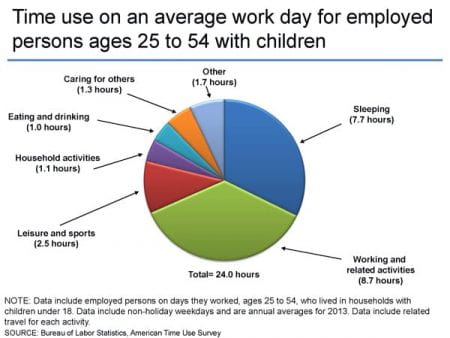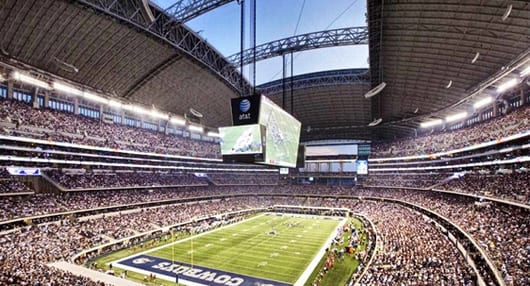by Brian Norman – January 2015 Students: Finding your Perfect Sports Business Employer It’s your senior year. You’ve been through hundreds of hours of classroom instruction, completed multiple industry internships, and built your network extremely well. You’ve taken advantage of every opportunity. You are ready to jump head first into a full-time position within the…Continue Reading Students: Finding your Perfect Sports Business Employer
Students: Finding your Perfect Sports Business Employer


